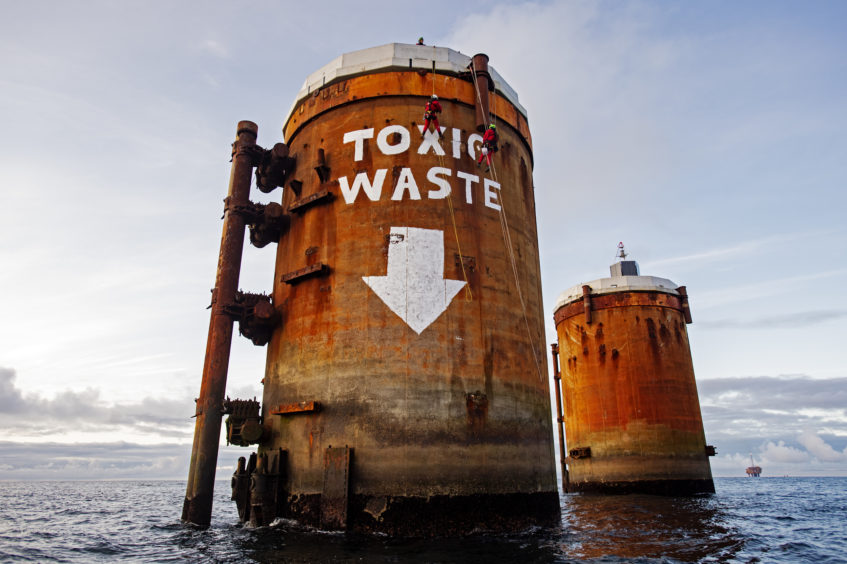
As someone with a keen interest in decommissioning decision making, I have followed the Brent decommissioning saga with that same keen interest.
A question that keeps coming up for me is why did Shell present such an open goal to Greenpeace, the press and others?
Bearing in mind Shell’s previous experience and reputation hit with Brent Spar, the decision to recommend leaving the concrete cells and their contents is, on the face of it, very perplexing.
Greenpeace’s actions and ensuing headlines were completely predictable.
Shell leave ticking time bomb
Shell ignore international regulations
Shell should clean up its mess
Come on Shell what were you thinking about, why did you make that decision?
Most decisions are made against a common set of assessment criteria:
Safety
Environmental
Technical
Societal
Economic
Shell used these criteria and presented their decision making case in the document BRENT GBS CONTENTS DECOMMISSIONING TECHNICAL DOCUMENT. This work concluded that the best outcome was to leave the cell contents. You might argue that the outcome was biased due to the weightings used for the criteria but credit to Shell for being so open.
Shell has made a decision based upon the evidence gathered during an extensive Brent decommissioning project. Evidence though does not cut it when dealing with Greenpeace and the constraints of Marine legislation. As an engineer who passionately cares about the environment, I find the emotive, non-pragmatic, non-evidence based side of Greenpeace very troubling.
Greenpeace should also reflect on the public cost of decommissioning – with the PRT legacy of Brent the majority of the decommissioning costs will be borne by the taxpayer. Would it not be better if those public costs were directed at the climate emergency rather than the disputed environmental benefits of many decommissioning activities?
As a footnote I would like like to give credit to the hundreds of professional engineers I have had the pleasure to work with over a 40 plus year career – the vast majority of whom put safety and the environment above all else.
Tom Baxter is a former senior lecturer in chemical engineering at Aberdeen University.
Recommended for you
